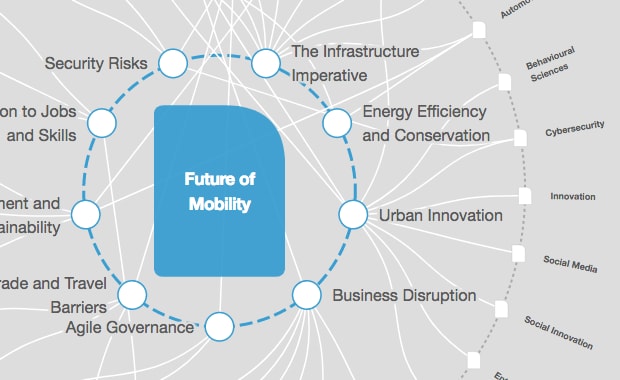The world’s first ‘self-driving’ cab service hits the streets of Singapore

Research shows almost 60% of people would be willing to take a ride in a self-driving car Image: REUTERS/Edgar Su
The world’s first “self-driving” taxis are launching in Singapore, beating Uber in the race to try out the technology on the public.
Developer nuTonomy said it has begun limited testing with members of the public. Those selected for the trial can hail a free ride from their smartphone apps in Singapore’s one-north district.
Tech companies, including Google, Uber, Lyft and Baidu, have been testing self-driving cars on public roads for several years.
Ford recently announced plans to build autonomous vehicles designed for ride-sharing by 2021.
Uber recently agreed a $300 million partnership with Volvo to develop driverless vehicles and is about to start offering free trips to customers in Pittsburgh.
But it seems that nuTonomy, an MIT spin-out, will now be first to roll out self-driving cabs to the public, albeit on a much smaller scale than Uber’s service in Pittsburgh.
The cars being used in the nuTonomy’s trials are modified Renault Zoe and Mitsubishi i-MiEV electric vehicles, and have an engineer and a back-up driver sitting in the front ready to take control if necessary.
The firm, which has teamed up with Singapore’s government on the project, said it hopes to have 100 self-driving taxis in use in the city-state by 2018.
The move marks an important milestone in the race to a driverless future – research shows almost 60% of people would be willing to take a ride in a self-driving car.

Have you read?
Don't miss any update on this topic
Create a free account and access your personalized content collection with our latest publications and analyses.
License and Republishing
World Economic Forum articles may be republished in accordance with the Creative Commons Attribution-NonCommercial-NoDerivatives 4.0 International Public License, and in accordance with our Terms of Use.
The views expressed in this article are those of the author alone and not the World Economic Forum.
Stay up to date:
Mobility
Forum Stories newsletter
Bringing you weekly curated insights and analysis on the global issues that matter.






